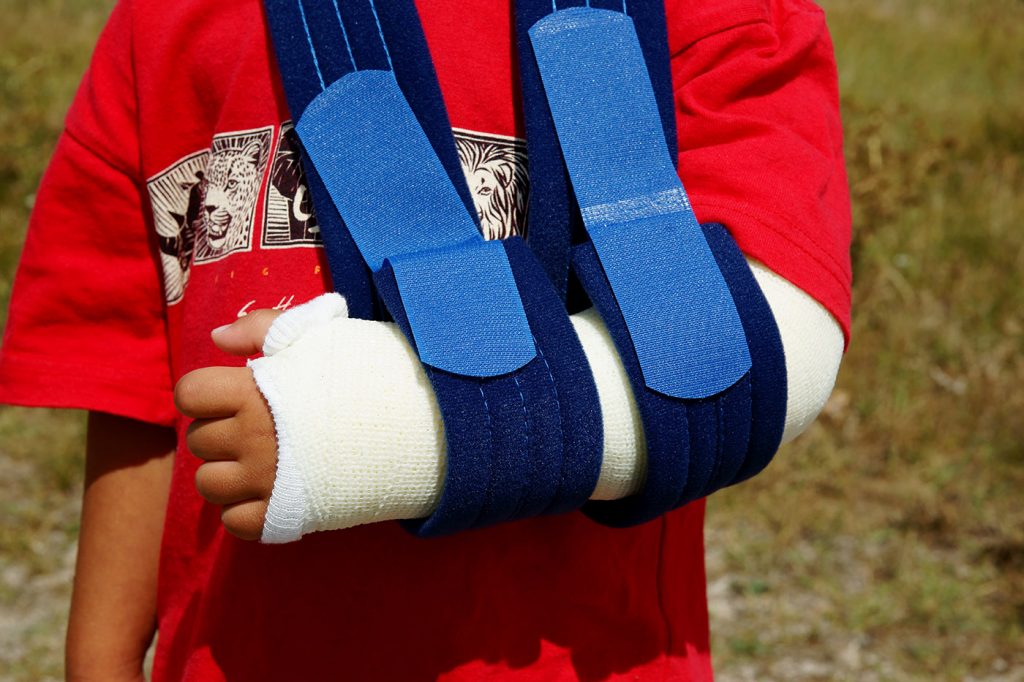
After your child has been injured on school property, it’s totally understandable that you’d want to seek remuneration for the medical expenses and your child’s pain and suffering. After all, you sent your child into the care of the school (and the teachers employed by the school). The least you could expect is for your child to remain safe. That being said, legal recourse in such matters is not fruitful in many cases, as the bar for negligence can be set high in school-related lawsuits. Teachers, and other staff, must evince recklessness or willful misconduct in order to be held liable. Nevertheless, there are certain scenarios where compensation may be available as an option.
Caveat
A caveat: even if you do file a suit against the school, you will likely face a number of legal obstacles. For this reason, it’s a good idea to hire a skilled education or administrative law attorney – preferably one with relevant experience who understands the challenges of this type of case. Your attorney can help you with the complicated filing process and assist you with collecting and organizing evidence.
Grounds for Legal Action
Generally speaking, there are a few types of events that could be grounds for suing a school. More often than not, parents seek compensation for physical injuries, but you may also pursue legal action if your child has faced discrimination, bullying, sexual abuse or insufficient supervision, to name a few.
Call the School
Before you even get to filing a suit, you need to be sure that you take full advantage of the formal complaint process. Most, if not all, school boards offer channels for voicing complaints. In some cases, there may be a number you can call. Visit the school’s website to determine the best course of action. If your child attends a private school, the process might be different.
Formal Administrative Complaint
If you can’t reach an agreement this way, you may need to file an administrative complaint. Typically, you have to fill out an administrative form before you can file a legal complaint. The form allows you to describe the event and to propose potential resolutions. For instance, if your child has been injured, you can propose monetary compensation for any hospital bills. Whatever your request, you can place on this initial form.
Evidence
After filing the initial administrative complaint, you’ll need to begin the process of collecting evidence. You want to gather any documentation that is relevant to your claim. If you’re seeking remuneration for an injury, you probably want to get pertinent medical records and any other receipts that help show the related costs. It’s also helpful to get any security footage or witness statements that help corroborate your child’s account of the event.
Filing Suit with an Attorney
If the school fails to take action, you may then begin the process of filing a lawsuit. The first thing to do is file a notice of intent, after you’ve consulted with an attorney, of course. Commencing the lawsuit process without an attorney can be detrimental to your case. Without a competent lawyer, you might miss a deadline or fail to gather certain pieces of evidence. A missed deadline can get your case thrown out. For this reason, it’s advisable to consult with an attorney before filing a notice of intent.
Government Immunity
Once again, it can be very difficult to successfully sue a school. This is partially due to the fact that many schools are protected by government immunity, a legal principle that prevents most lawsuits from being filed against officials working for the government. An attorney can help you identify actions that break through government immunity, or they can inform you that you don’t have a case. Either way, it’s good to know where you stand.
If your child has been hurt and you believe that you’re entitled to compensation, contact a skilled injury lawyer with experience representing injured students.
